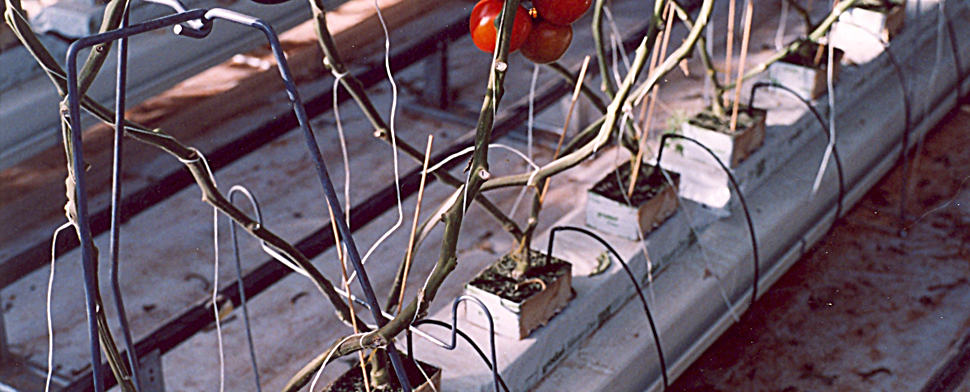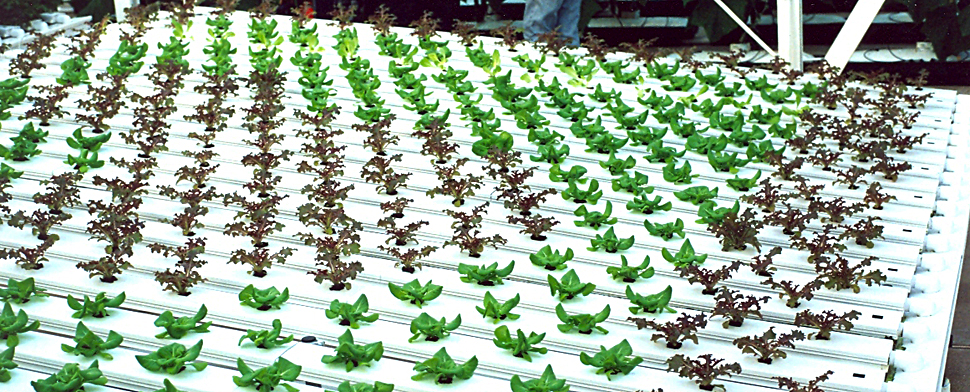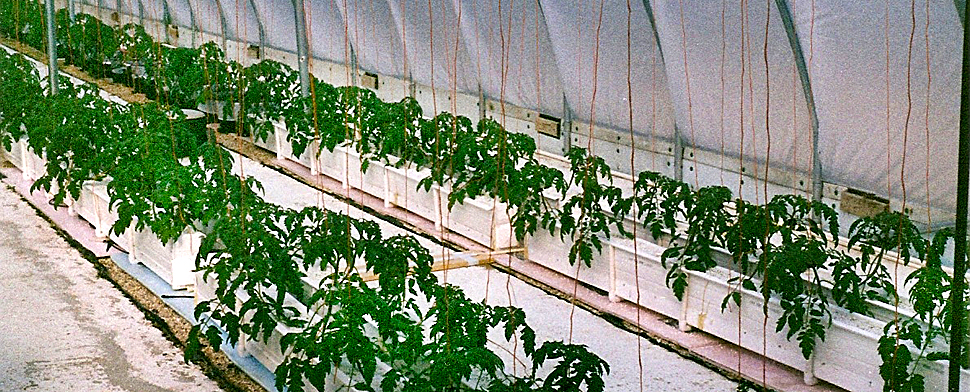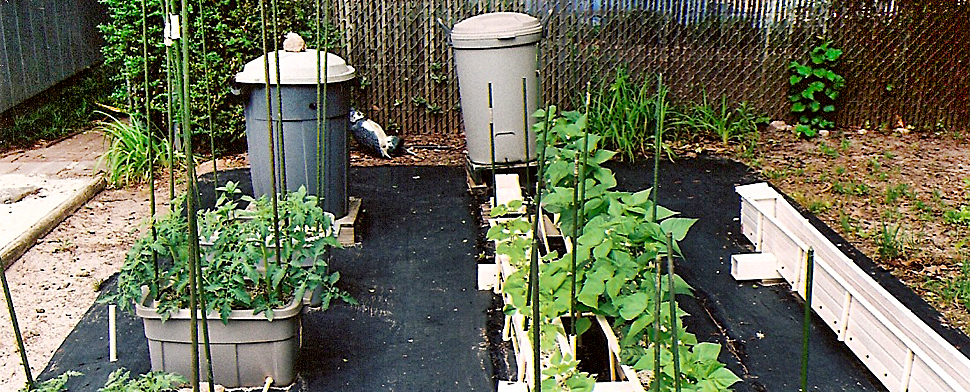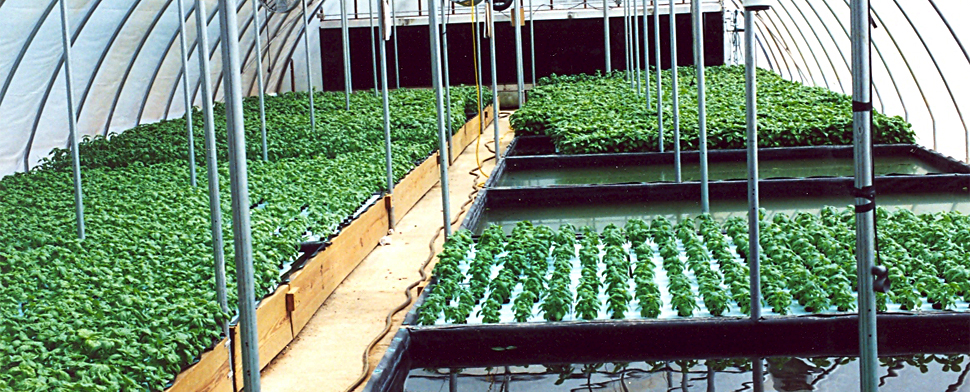The commercial growing of strawberries hydroponically in enclosures is not uncommon, but growing outdoors, not so common. Various hydroponic tower systems are being used to grow strawberries, but such systems are not suited for growing this crop commercially. However, using the sub-irrigation (aquanutrient) system described on this website could be commercially feasible. The initial cost could be substantial, but once the system was installed, it can be used for many crop-years with minimal additional yearly costs. A significant advantage for this growing system is that all of the water and applied nutrient elements are totally utilized by the strawberry plants. In addition, no electrical power is needed, while other hydroponic growing systems require electrical power as well as most being relatively inefficient in their use of water and nutrient element reagents.
Written by admin
![]()
Dr. J. Benton Jones has written extensively on the topics of soil fertility and plant nutrition over his professional career. After obtaining a B.S. degree in Agricultural Science from the University of Illinois, he served on active duty in the U.S. Navy for two years. After discharge from active duty, he entered graduate school, obtaining M.S. and Ph.D. degrees from the Pennsylvania State University in agronomy. For 10 years, Dr. Jones held the position as research professor at the Ohio Agricultural Research and Development Center (OARDC) in Wooster. During this time, his research activities focused on the relationship between soil fertility and plant nutrition. In 1967, he established the Ohio Plant Analysis Laboratory.
Joining the University of Georgia faculty in 1968, Dr. Jones designed and had built the Soil and Plant Analysis Service Laboratory building for the Georgia Cooperative Extension Service, serving as its Director for 4 years. During the period from 1972 and his retirement in 1989, Dr. Jones held various research and administrative positions at the University of Georgia. Following retirement, he and a colleague established Micro-Macro Laboratory in Athens, Georgia, a laboratory providing analytical services for the assay of soils and plant tissues as well as water, fertilizers, and other similar agricultural substances.
Dr. Jones was the first President of the Soil and Plant Analysis Council and then served as its Secretary-Treasurer for a number of years. He established two international scientific journals, "Communications in Soil Science and Plant Analysis" and the "Journal of Plant Nutrition", serving as their Executive Editors during the early years of publication.
Dr. Jones is considered an authority on applied plant physiology and the use of analytical methods for assessing the nutrient element status of rooting media and plants as a means for ensuring plant nutrient element sufficiency in both soil and soilless crop production settings.
View all posts by: admin
No Comments Yet.

